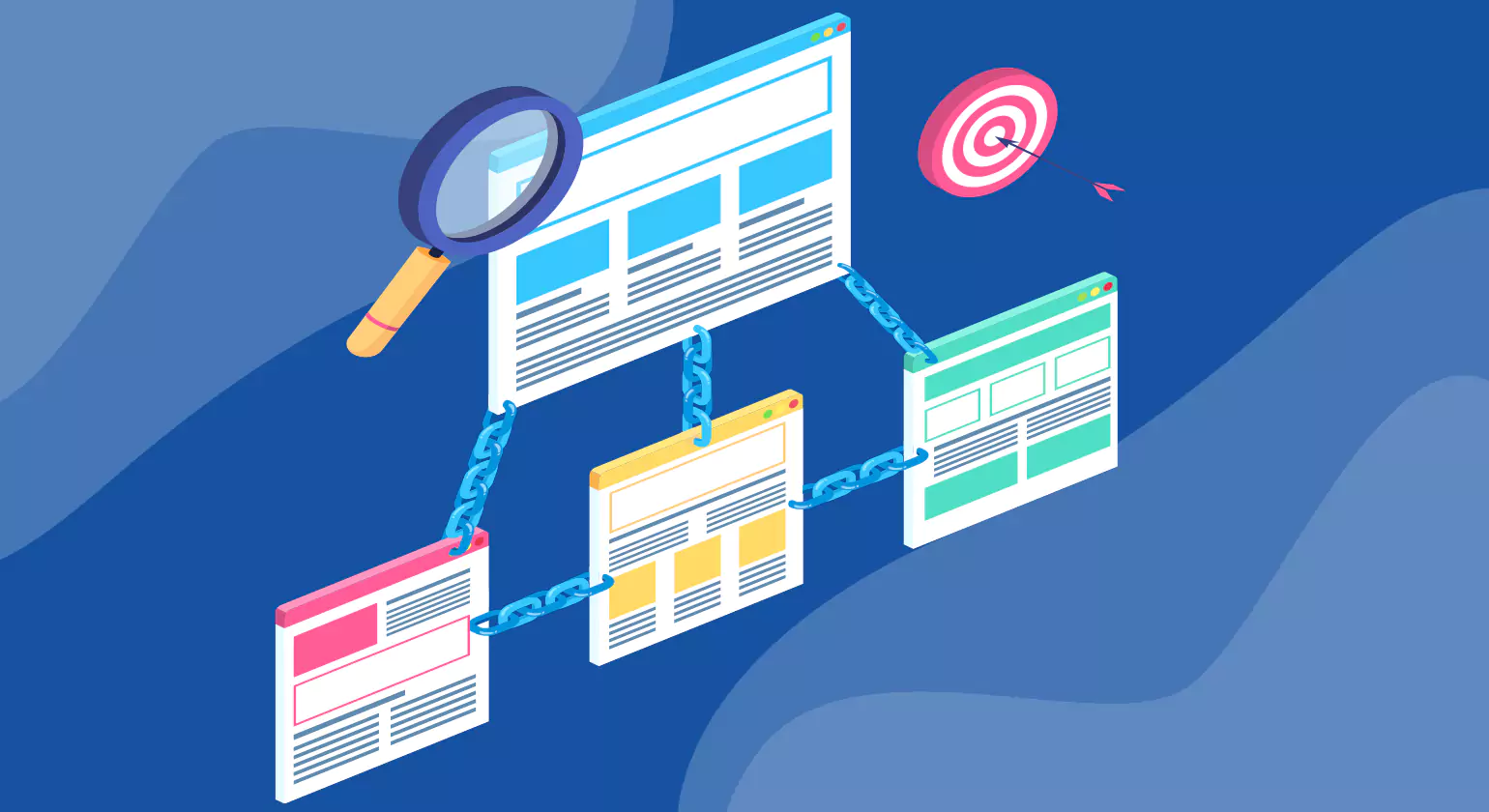Key Takeaways
- Understanding the significance of backlinks in SEO.
- Strategies to identify and reclaim lost backlinks efficiently.
- Insights into tools and techniques for successful link reclamation.
- Best methods for keeping a strong backlink profile.
Introduction to Backlink Reclamation
In today’s highly competitive digital market, backlink reclamation is essential for maintaining a strong SEO profile. Simply put, it involves identifying and recovering backlinks lost over time for various reasons, such as website redesigns or changes in domain structure.
Backlink reclamation addresses missed opportunities and lays a foundation for sustained SEO growth. It’s proactive, allowing web admins and SEO specialists to regain lost ground and reinforce their site’s rankings and online credibility. By reclaiming backlinks, you ensure the hard work previously put into attaining these links doesn’t go in vain. Effectively harnessing SEO link reclamation services may indicate the difference between a growing internet presence and declining website authority. Besides, this recuperation of backlinks provides an opportunity to restore the organic traffic and authority that may dwindle with lost links.
Why Backlinks Matter
Backlinks, frequently called digital endorsements, are critical components of the SEO ecosystem. They act as signals from other websites, indicating trust in your content’s reliability and relevance. This vote of confidence leads search engines like Google to view your site favorably, often leading to improved rankings in search results. Backlinks are among the top critical factors affecting SEO rankings, showing a direct correlation between quality backlinks and search engine visibility.
Backlinks affect rankings and referral traffic. High-quality links from credible websites attract visitors and tailored traffic that is more likely to convert, underscoring their importance in digital marketing.
Identifying Lost Backlinks
Before reclaiming lost backlinks, you must first identify them. This process starts with understanding the common causes of link loss, ranging from website restructuring to content deletion or changes in a page’s URL. Identifying these lost links requires a keen eye and the right tools. Regularly monitoring your link profile can reveal drops in your backlink count, often the first signal of missing links.
Link auditing should be a routine activity. Businesses examine their backlink profiles to pinpoint missing links, thus averting drastic drops in web traffic and ranking. Such an approach ensures you remain proactive, quickly addressing link loss before it significantly impacts your SEO strategy.
Tools for Link Reclamation
Numerous tools can be indispensable in the link reclamation process, blending efficiency and accuracy. Google Analytics, for instance, offers insights into changes in traffic patterns that could signal lost links. Similarly, specialized SEO tools like Ahrefs give comprehensive overviews of a site’s backlink profile, including any drop-offs in link count.
Ahrefs, in particular, stands out for its robust link auditing features. These tools provide data on lost links and insights into potential fixes. By leveraging these tools, you can pinpoint where efforts should be concentrated and monitor the effectiveness of your reclamation strategy over time, ensuring a high return on investment in your SEO efforts.
Strategies for Reclaiming Backlinks
Implementing the right strategies is key to effectively reclaiming lost backlinks. A common approach involves politely requesting that web admins restore lost links. Providing context, such as how the link adds value to its readers, can bolster your chances of success and ensure that your outreach is viewed positively.
Updating or expanding your content is another effective strategy. By providing enriched content, you increase the chances that sites will link back to you. Broken link building is a proactive strategy in which you find broken links on other websites and provide your material as a quality substitute, potentially converting lost links into new chances.
Best Practices for Backlink Health
A healthy backlink profile is integral to any successful SEO strategy. Regular audits, which include checking for broken or lost links, should be part of your routine. Consistently acquiring high-quality links from reputable sources ensures you’re always building upon your backlink strengths.
Furthermore, creating valuable, shareable content encourages natural links from other sites, reducing reliance on outreach. By focusing on quality content creation and routine monitoring, you ensure a stable and robust backlink profile, safeguarding your SEO health for the long haul.


